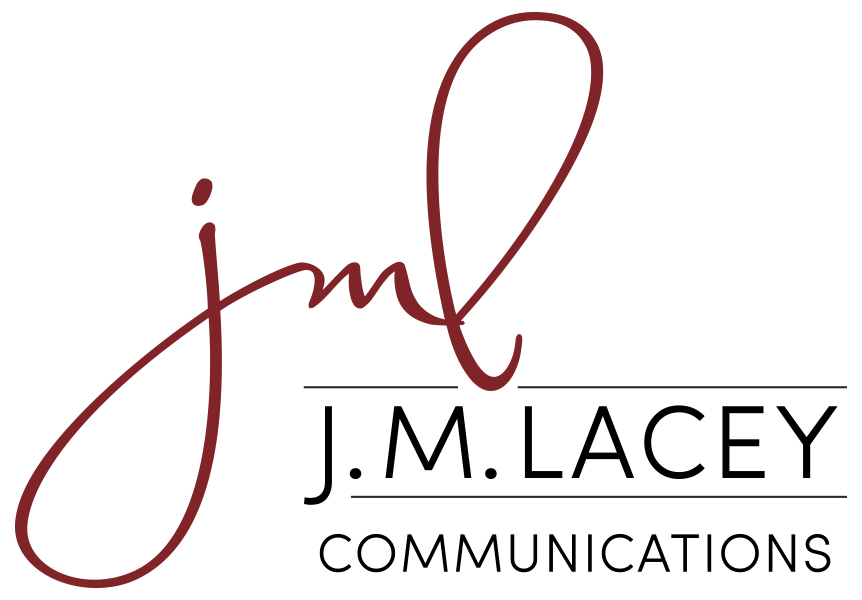Ahhh … springtime. That must mean two things: nature coming to life and golf.
The change in weather after a few months of cold gloom means my mind is reinvigorated. But that doesn’t happen by chance; I have to actively create the place for my mind to blossom with inspiration.
Since I’m consistently producing content, and hoping a fabulous idea will simply pop into my head by chance or I’m driven by a deadline and am forced to be brilliant in a short time frame, my brain will not relax on its own.
Therefore, I need to consciously allow my mind to settle and focus before taking a steady and deliberate swing into action, much as Jordan Spieth or Michelle Wie on the golf course. They know where they need to aim, how to position themselves and line up their club, and the proper amount of force to hit the ball to reach their target.
Our minds are apt to be creative when we clear them of the daily stresses we encounter. Just as the golf pros need to tune out the distractions around them, we need to tune out our distractions in order to manage our stress so our brain can reboot.
Our goal
Our goal in allowing our mind to rest, wander, or to be led toward a direct aim, is to have ideas form organically.
Some refer to this method as meditation. But here we’re not talking about the meditation that many think of with regard to simply emptying one’s mind and allowing it to flow to wherever.
Rather, it’s about keeping the mind actively engaged in a relaxing atmosphere. Granted, sometimes ideas just “happen” whether you’re leading them or not. But for the most part, if you’re purposely placing yourself in the comfortable environment of your choice on a regular basis, and in particular when you have something you need to work out in your mind, you are typically guiding your thoughts while at the same time, allowing the natural creative flow in your brain to direct that path.
This is important for executives – or anyone – who need to focus on goals and creative ideas as they move their organization forward.
Rest invigorates productivity
The answer to increasing productivity is not to increase hours. Working fewer hours, resting, walking in the outdoors, stimulating exercise – all of these will help us to restart our brains. To be effective in our productivity, we need to make the time to relax*An article in Harvard Business Review points out signs of burnout. Although the original article was written over 30 years ago, the fact is, human nature doesn’t change. Add technology to the burnout issue, and this creates a narrow window for rest. http://bit.ly/2JCgM3x.
All of us have some place we like to de-stress. If that place allows us to relax and enjoy our quiet surroundings, then that is the environment more likely to help us think.
For example, some are motivated when they are outside, allowing the fresh air to be a haven for their mind and the natural elements to inspire them. They listen to the birds, enjoy the warmth of the sun and they pay attention to sights they often miss.
Take a moment and think about when your best ideas popped into your head. Was it while your phone was going off with ringing or notification tones? While new email messages popped up on your screen? While you were in a meeting or with a group of employees discussing challenges? While you were in a cafeteria surrounded by additional noise and food smells?
Or did your best ideas appear as you woke from a decent night’s rest? While you were walking the dog through the neighborhood? Hiking in the mountains? Sitting on the beach? Playing a round of golf? Even sitting in your car, the window rolled down to feel the breeze, and soft music playing in the background?
In the end, whether it’s a back porch, an afternoon on the golf course, sitting on a rock by the water, or a refreshing walk through a park, the point is to allow yourself time every week (or every day if you can swing it) to enjoy your surroundings and give your mind time to breathe.
Here are 4 things you can do:
1. Make time
Your quiet time will never happen if you wait for the perfect moment or see how your day goes. Instead, schedule some time (such as you would for a doctor’s appointment) and then stick to it. You might start out small, perhaps 30 minutes once a week or 15 minutes every day, and then gradually add to that. Your days and times will vary, but the point is to schedule your brain time. Some will do this in the early morning or later in the evening. But giving yourself your quiet time in the middle of the day helps reduce stress levels, and provides a pleasant balance in your daily routine. The key is to be consistent.
2. Avoid distractions
True quiet time will never happen in the office, no matter how pleasant your surroundings. Psychologically and physically, you’re still at work. You need to leave. Turn off or silence your phone, leave behind the computer so you’re not tempted to check email or social media, and tell your staff or co-workers you are unavailable for 30 minutes (or however long you will be gone).
3. Choose your quiet place
Retreat to a place or area devoid of traffic and other noise. Your quiet place will be what works best for you. Aside from the ideas already mentioned, some enjoy a few minutes of reading. I often have ideas stem from a sentence I read. Why? Because my mind was quiet and undistracted. Whatever place or moment you choose for your tranquility, it should be the place you are happiest and where you do your best thinking.
4. Go outside
This cannot be emphasized enough: we need fresh air (sorry for the ones who have allergies). Think of it this way: how is your productivity level on a sunny day versus a rainy day? The sun gives us vitamins, warmth and makes us happier. We tend to think better and work better when we’re happy versus when we are stressed and depressed. Happiness is important for our imagination.
When we’re outside, the things we see and experience in the living world around us also keeps life in perspective. My main choices of quiet time are on my back porch, or playing a round of golf. In these spaces, I experience the beauty of the earth around me – the birds, the waterfalls and the butterflies – the very things that help me think.
(If you are going to be distracted, it should be in beautiful, peaceful settings, surrounded by things that are natural, i.e., birds, as opposed to man-made, i.e., cell phones).
People who are relaxed and seem to have incredible ideas, are usually the ones who know when to take a break and they make rest a priority. Our physical health will thank us in many ways if we take care of ourselves. But our mental health deserves as much care. Why not attack both at once?


Recent Comments